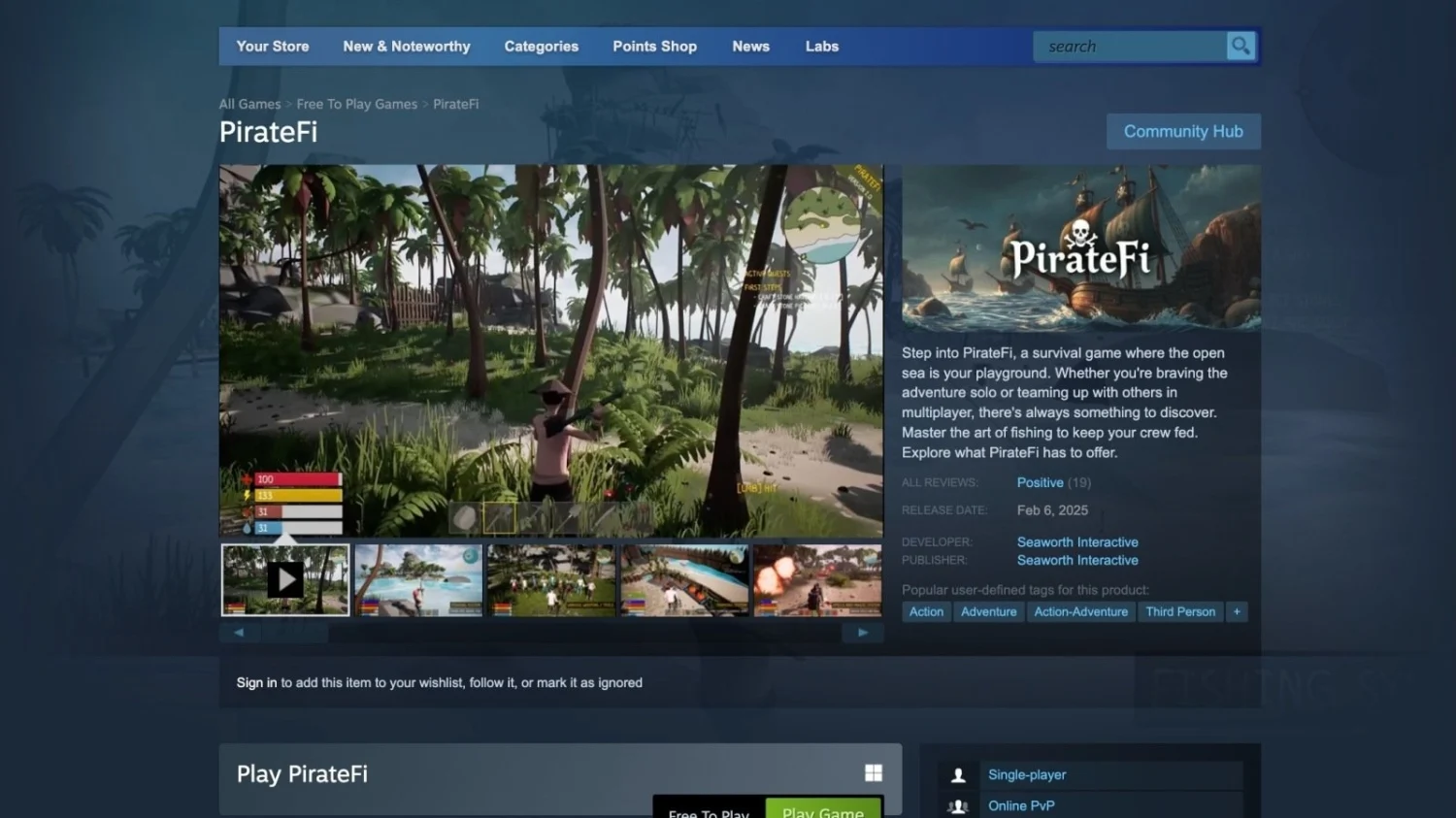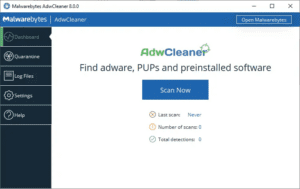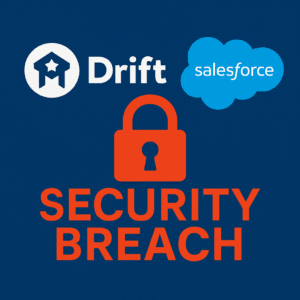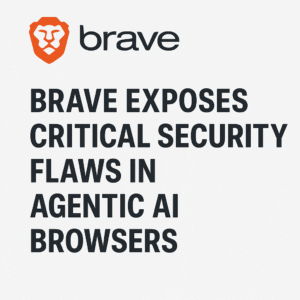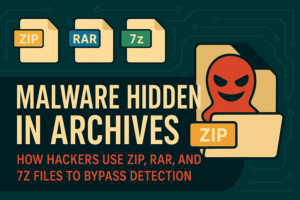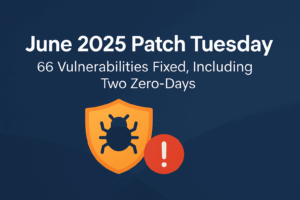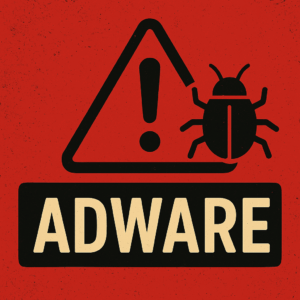Valve has recently issued a security alert to Steam users regarding a newly released game, PirateFi, which was found to contain malware. This alarming discovery has raised concerns among gamers, emphasizing the importance of vigilance when downloading and launching games from digital platforms.
What Happened?
PirateFi, a free-to-play game that debuted on Steam last Thursday, was quickly flagged for containing malicious files. Valve detected that the game’s developer uploaded builds with suspected malware and took swift action by removing the game from the Steam platform. Shortly after, the company sent out emails to all users who had launched the game, warning them of a potential security breach.
According to reports, the malware identified within PirateFi was classified as Trojan.Win32.Lazzzy.gen, a trojan linked to the theft of browser cookies. These stolen cookies could grant attackers access to various online accounts, putting users at risk of identity theft, account hijacking, and financial loss.
Impacts on Users
Some players have already reported security breaches tied to this malware. One affected user shared that their Microsoft account was stolen, email access was blocked, and their Roblox account was drained of funds. Additionally, their Steam points were exploited to purchase awards for bot accounts, highlighting the wide-reaching consequences of such an attack.
Malware Distribution and Deceptive Tactics
Interestingly, PirateFi was also promoted outside of Steam, particularly on Telegram. A fraudulent job posting for a chat moderator role, allegedly paying $17 per hour, was used as bait to lure unsuspecting users into downloading the game. The account behind the job listing exhibited telltale signs of automation, such as replies posted at regular 21-second intervals, suggesting an AI-driven scam campaign.
This deceptive recruitment scheme aimed to increase downloads of PirateFi and expand the malware’s reach. Users who fell for the scam were effectively tricked into infecting their own devices under the guise of securing employment.
Valve’s Response and Recommendations
Following the discovery, Valve swiftly removed PirateFi from Steam and urged affected users to take immediate action:
- Run a full-system scan with a trusted antivirus program.
- Inspect installed software for any unknown or suspicious applications.
- Consider a full system reformat if any signs of malware remain.
- Update all account credentials, especially for services storing payment information.
Valve’s proactive response underscores the importance of security in digital gaming. However, this incident serves as a stark reminder that cybercriminals continually find new ways to exploit popular platforms.
Staying Safe on Steam and Beyond
While Valve has security measures in place, gamers must take additional precautions to protect themselves:
- Be wary of new and obscure games – Research before downloading.
- Avoid external promotions and job offers – Verify authenticity before engaging.
- Enable two-factor authentication (2FA) – Add an extra layer of security to accounts.
- Keep software and antivirus programs updated – Regular updates help guard against emerging threats.
The PirateFi incident is a sobering lesson in digital security, emphasizing the need for gamers to remain cautious when engaging with online content. While Steam remains a trusted platform, vigilance and proactive security measures are essential in safeguarding personal data from cyber threats.

Founder of ToolsLib, Designer, Web and Cybersecurity Expert.
Passionate about software development and crafting elegant, user-friendly designs.
Stay Updated with ToolsLib! 🚀
Join our community to receive the latest cybersecurity tips, software updates, and exclusive insights straight to your inbox!
